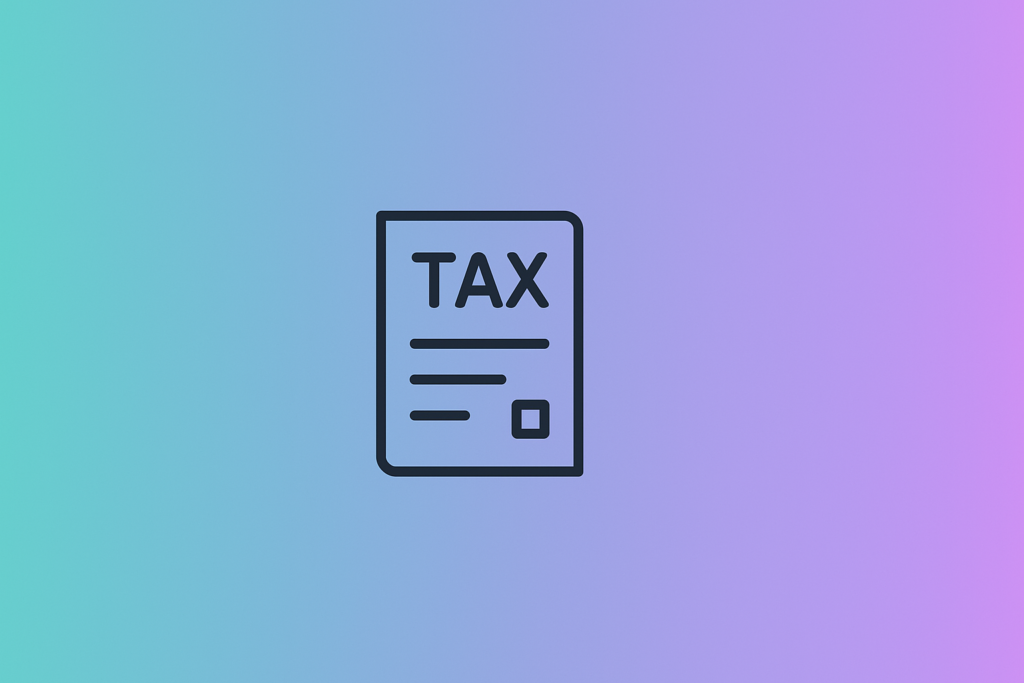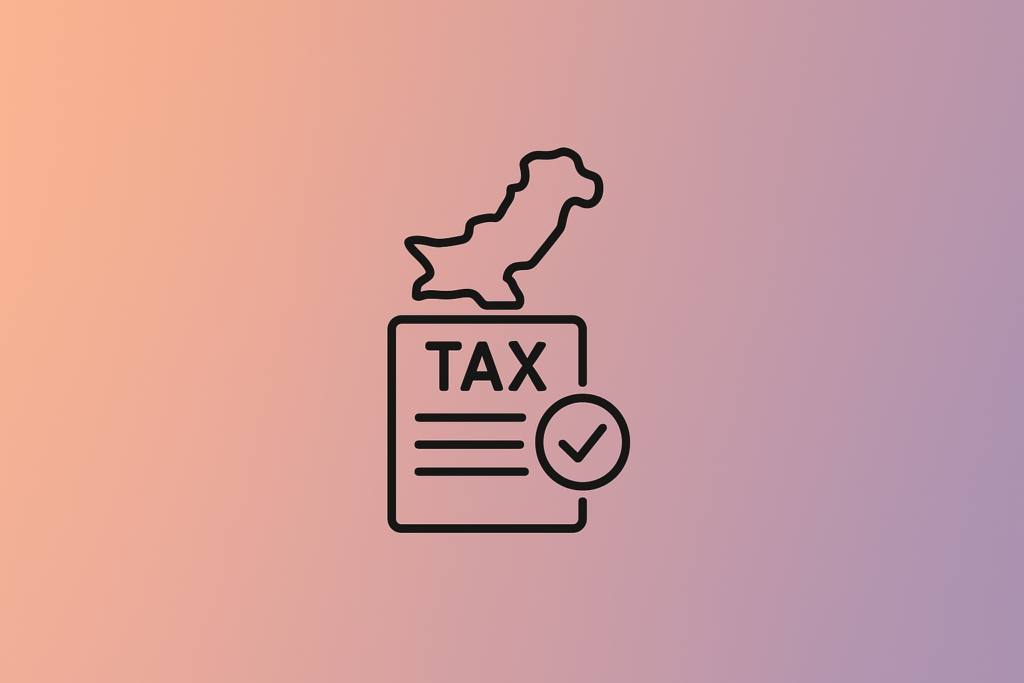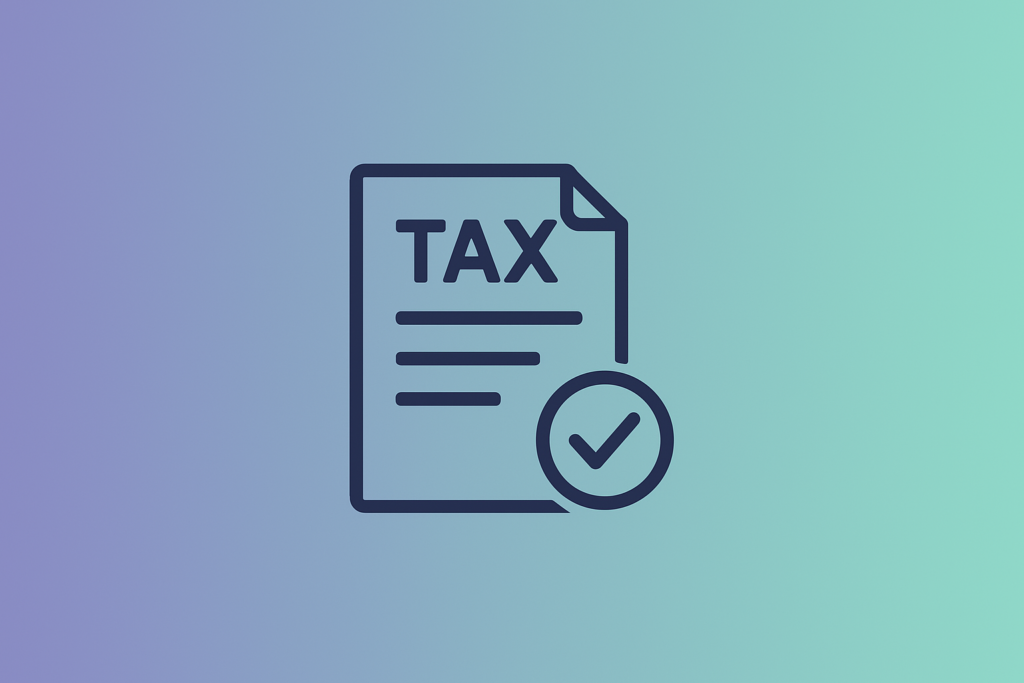Hey there, Shahzad here 👋
I’ve been working with business owners, freelancers, and salaried professionals in Pakistan for over two decades now. And let me be real with you—tax preparation in Pakistan is still a mystery for most people.
The truth is: filing taxes in Pakistan isn’t just about avoiding penalties. It’s about unlocking financial stability, gaining legal protection, and positioning yourself for long-term growth and respect—whether you’re running a business, freelancing internationally, or working a 9-to-5 job.
I’ve personally helped hundreds of individuals and SMEs transition from tax anxiety to tax confidence. So in this guide, I’m not just giving you surface-level advice. I’m sharing actionable steps, expert insights, and everything I’ve learned while helping people like you become confident, compliant, and financially empowered through proper tax preparation in Pakistan.
Let’s dive in.
What Exactly is Tax Preparation in Pakistan—And Why Should You Care?
In the simplest terms, tax preparation refers to the process of collecting your financial information, understanding your tax obligations, calculating what you owe (or what you can save), and finally filing your return with the Federal Board of Revenue (FBR).
But in Pakistan, there’s another layer to it. The system isn’t as automated or intuitive as in countries like the US or UK. You can’t just upload a few documents to a sleek app and call it a day. Here, understanding how the FBR IRIS portal works, what tax deductions are available, and how to calculate your actual tax liability can make a major difference—not just in how much you pay, but in whether you end up in the Active Taxpayer List (ATL) or flagged for an audit.
So if you think this is “just paperwork,” think again. Proper tax preparation is one of the most powerful financial habits you can develop in Pakistan.
And I’m here to walk you through it—step by step.
How to Register with FBR and Get Your NTN
Every journey begins with a first step. In the case of tax prep in Pakistan, that step is FBR registration.
Over the years, I’ve seen so many people delay this basic task—not because they’re lazy, but because they’re intimidated. The truth is, it’s surprisingly simple when you know what to do.
To get started, head to the FBR IRIS portal. You’ll see an option titled “Registration for Unregistered Person.” That’s your gateway into the tax system. You’ll need your CNIC, a working email address, and a mobile number registered in your name.
Once you complete the form and verify your credentials, you’ll be assigned a National Tax Number (NTN). For individual taxpayers, your NTN is usually the same as your CNIC number.
This process takes less than 15 minutes. But once you’ve registered, you’ve opened the door to filing returns, claiming refunds, and becoming part of Pakistan’s compliant citizen network. And trust me—being in the Active Taxpayer List comes with real, tangible benefits.
Tax Filing for Salaried Individuals—The Simplest, Yet Most Ignored Path to Saving Money
If you’re a salaried person in Pakistan, your employer is most likely already deducting your income tax at source. You might be thinking, “So I don’t need to do anything else, right?”
Wrong.
Even if tax is being deducted from your paycheck, you’re still responsible for filing your own tax return every year. And this is where most salaried people make a costly mistake: they skip filing because they assume everything’s already taken care of.
Over the years, I’ve worked with dozens of salaried professionals who were shocked to discover they had unpaid tax liabilities—or worse, had overpaid and never claimed refunds. Filing a return doesn’t just keep you legally compliant, it opens the door to tax refunds, rebates, and benefits that you’re otherwise missing out on.
You’ll typically need your salary certificate, bank statements, and any documentation related to investments, insurance, or owned assets. With this information, you can log in to your IRIS account, declare your income, and file both your income tax return and wealth statement. And don’t forget—submitting the wealth statement is now mandatory, even for salaried filers.
Want to double-check your expected tax amount before filing? Use the Salary Tax Calculator for Pakistan to plan ahead.
Step-by-Step: How to File a Tax Return on the FBR IRIS Portal
Okay, now comes the part that scares the most people: actually filing the return. I get it—it looks complicated at first. But let me walk you through it the same way I walk my clients through it during one-on-one sessions.
Start by logging in to your IRIS portal account. On the dashboard, select “Declaration,” and then choose “Income Tax Return” for the relevant year (for this guide, that’s 2025).
The return is divided into sections—personal info, employment or business income, deductions, and your assets/liabilities. The system can feel a bit clunky, but once you’ve done it once, it becomes second nature.
Now here’s the kicker: always double-check the tax that was already deducted (by your employer, banks, or any other institution). IRIS usually auto-fills this using your CNIC, but mistakes happen. You might have paid more—or less—than expected.
Finally, when everything looks good, hit “Submit.” Then submit your Wealth Statement (mandatory), and you’re officially done!
Don’t forget to download the acknowledgement receipt and print your Wealth Reconciliation Report for your own record. Trust me, if FBR ever comes knocking, you’ll be glad you did.
Freelancers in Pakistan—Here’s How You Should Prepare Your Taxes
Now let’s talk to my favorite group—freelancers 😎
Freelancers are the backbone of Pakistan’s digital economy. You’re earning in USD, providing services to global clients, and bringing in vital foreign exchange.
But here’s the harsh truth: most freelancers have no idea how to file their taxes properly.
As someone who trains and coaches freelancers on digital platforms like Upwork and Fiverr, I’ve seen the confusion first-hand. “Do I need to pay tax on foreign income?” “Is Payoneer taxable?” “What if my income is below the threshold?”
Let’s clear the air.
Yes—freelance income is taxable in Pakistan. But the good news is that foreign remittances brought in through official banking channels are often exempt from tax—if you structure your filing correctly.
That’s why proper documentation is key. You need to keep clear bank statements showing your earnings, document your foreign income sources, and ideally register yourself as a sole proprietor under your name (or brand name) in IRIS.
I usually recommend that freelancers track their income and expenses monthly, maintain a profit and loss sheet, and declare their income under the Business category. This not only makes filing easier but also positions you to get tax credits and rebates that reduce your liability.
More on that in the next section…
Claiming Deductions and Saving Money Like a Pro
Here’s the part that nobody tells you—but every experienced tax consultant should: you can reduce your taxes legally by claiming deductions.
And I don’t mean shady tricks. I mean FBR-approved, fully legal deductions that reward smart financial behavior.
For instance, did you know you can reduce your taxable income by investing in voluntary pension schemes, buying life insurance, or even paying for your child’s education through documented means?
These aren’t loopholes. These are legitimate incentives built into the tax system to encourage financial planning.
One of my clients, a salaried software engineer, reduced his tax liability by over 40% simply by claiming education expenses and investing in a pension fund. That’s real money saved—just by knowing the rules.
The lesson here is simple: don’t just focus on “paying your taxes.” Learn how to optimize your taxes. That’s what real tax preparation is about.
The Most Common Tax Filing Mistakes (and How You Can Avoid Them)
Here’s something I’ve learned after guiding hundreds of Pakistanis through tax season: most people don’t mess up because they’re careless—they mess up because nobody taught them what to avoid.
And honestly, the FBR isn’t exactly famous for making things crystal clear either.
Let me share some of the most common mistakes I see year after year:
First, many individuals skip the wealth statement, thinking it’s only for rich people or business owners. That’s false. In most cases, you’re required to submit a wealth statement, even if you’re salaried or a freelancer. I’ve seen people get auto-notices from FBR just because they submitted their tax return but ignored the wealth reconciliation.
Another big one? Incorrect data entry. Sometimes, people accidentally enter the wrong amount for tax already deducted by their employer or bank. The IRIS system does auto-fetch this info, but errors happen, especially if your CNIC isn’t properly linked with all institutions.
Then there’s the classic “I’ll do it later” trap. People wait until the last day, and the IRIS portal—bless it—crashes. Always aim to file your return at least a week before the deadline. Not only will you avoid the stress, but you’ll have enough time to correct mistakes, if any.
I always tell my clients: take your time, double-check everything, and file early. That’s the winning formula.
Understanding Advance Tax vs Withholding Tax in Pakistan
Okay, let’s break down two terms that confuse a LOT of people: advance tax and withholding tax.
They sound similar, right? But they work differently.
Withholding tax is a type of tax that’s deducted at the source. For example, when you do a bank transaction above a certain amount, or when you buy property, or even when you recharge your mobile balance—WHT is deducted automatically. It’s kind of like a prepaid tax on your activities.
On the other hand, advance tax is what you pay in anticipation of your total annual tax liability. Business owners and freelancers sometimes pay this quarterly. The idea is that instead of waiting till year-end, you spread your tax payments over time.
Now here’s the interesting part: if you’re a filer, these taxes are adjustable. You can claim them when filing your return. But if you’re a non-filer, not only do you pay higher rates, you often can’t claim that money back.
I once worked with a small business owner who’d paid over Rs. 600,000 in withholding taxes over the year—but hadn’t filed a return in 3 years. When we sorted out his records and helped him become compliant, he was shocked to see how much money he could reclaim.
The takeaway? Understand how these taxes work. And always file your return to adjust what’s rightfully yours.
Tax Preparation for Small Business Owners and Sole Proprietors
If you’re a shop owner, a service provider, or running a small business in your name—this part is for you.
Here’s what I’ve seen over the years: most small business owners in Pakistan operate informally. No registration. No books. No tax records. And while that might seem “safe” in the short term, it’s actually risky as hell.
Why? Because once you’re flagged by FBR—or if you ever want a bank loan, government contract, or even a business visa—you’ll need clean, traceable tax records.
So here’s what I recommend for all small business owners and sole proprietors:
- Register yourself in the IRIS portal as a business individual.
- Keep basic financial records. This doesn’t mean hiring a big accountant—just a simple income-expense sheet will do.
- Declare all your income honestly and file both your tax return and wealth statement annually.
- If you’re collecting sales tax (like for retail or services), register for STRN via FBR’s sales tax portal.
I’ve helped dozens of entrepreneurs transition from informal to registered, and the results are always the same: they gain credibility, access to funding, and peace of mind.
Want to grow your business? Start with proper tax prep.
The Benefits of Becoming a Filer in Pakistan
This one’s big.
There’s a lot of noise out there about whether it’s even worth becoming a filer in Pakistan. Let me make it crystal clear: it is.
Being on the Active Taxpayer List (ATL) isn’t just a badge of honor—it directly affects your finances, mobility, and even your daily transactions.
Here’s what happens when you become a filer:
- You pay lower withholding tax on bank transactions, property purchases, and vehicle registration.
- You’re taken seriously by banks, embassies, and corporate entities.
- You can claim refunds, tax credits, and deductions.
- Your legal exposure drops, because you’re operating in full transparency.
In fact, many of my clients have recovered thousands of rupees they didn’t even know they were entitled to—just by being on the ATL.
And the best part? Becoming a filer isn’t difficult. Once you’ve filed your return and submitted your wealth statement, your name is automatically added to the ATL within a few weeks.
If you’re serious about your personal or business growth, becoming a filer is a non-negotiable first step.
Still Confused? Here’s My Proven Tax Preparation Process
If you’re feeling overwhelmed, don’t worry. You’re not alone.
Let me simplify things and give you the same 4-step framework I use with my consulting clients and students.
Shahzad’s 4-Step Tax Prep System:
- Organize Your Financial Records
Gather salary slips, bank statements, utility bills, property documents, business income, or freelance receipts. Accuracy starts with good records. - Assess Your Tax Profile
Are you salaried, freelance, business, or mixed? Based on this, identify what forms you’ll need to fill on IRIS. Each category has different obligations. - Use IRIS to File Returns + Wealth Statement
Log in to FBR IRIS, declare your income, and fill out the wealth statement honestly. Use FBR’s tax calculators or consult a professional for accuracy. - Submit, Download Receipts, and Monitor ATL Status
After submission, download your confirmation receipt, keep a digital record, and monitor the ATL list to ensure your name appears there.
It’s a system built on clarity, compliance, and confidence.
And once you’ve done it once, every year becomes easier.
Final Thoughts: Why Tax Preparation is Your Most Underrated Wealth Strategy
Look, I get it. In a country where inflation’s climbing, bills keep stacking, and public trust in systems isn’t always high—tax preparation doesn’t feel exciting.
But here’s the truth: tax isn’t just a burden. It’s a tool. A lever. An asset.
When you understand how to legally reduce your liability, claim what’s yours, and build a compliant financial profile—you’re not just saving money. You’re buying financial freedom.
That’s the mindset I try to teach every client and student I coach: your tax return is your financial fingerprint. The clearer and more accurate it is, the more opportunities open up for you—home loans, visas, investments, and even peace of mind.



